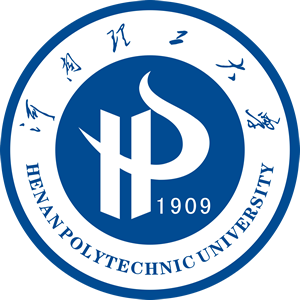
地址: 河南省焦作市高新区世纪路2001号[454000] Tel: 0391-3987069 E-mail: zkxb@hpu.edu.cn,skxb@hpu.edu.cn |

请您访问
|

社会科学版
|
| 供稿: 陈晨 | 时间: 2018-12-19 | 次数: |
作者:陈晨
作者单位:郑州大学文学院
摘要:历史小说具有其独特的语言形态,二月河的历史小说在雅言和俗语间自由出入,既有文心雅韵,又有俗情俚语,时而拟古离奇,时而泼辣生动,形成了自己独特的语言风格。本文不仅总结了二月河历史小说的语言特点,更从宏大史诗追求、对传统文化的阐扬与反思、平民立场和世俗情怀三个角度出发对二月河文学观、历史观与其小说语言风格形成之间的关系进行了分析。其目的在于为当下以及今后的历史小说创作提供借鉴和启示。
DOI:10.16698/j.hpu(social.sciences).1673-9779.2014.02.005
分类号:I207.42
Abstract:Historical fiction has its own unique language form. The language in Eryuehe's historical novels is known for the excellent alternatives between formal sayings and slangs, with the former constituting rhythms and the latter expressing emotions, both of which are extraordinary and vivid. In this paper, not only the characteristics of language used in Eryuehe's historical novels are summarized, the analysis of the relation between author's literary concept, historic value and language feature is also conducted from the perspectives of pursuing grand epic, reflection on traditional culture, civilian positions and worldly sentiments. The purpose of this paper is to offer references and insights for the creation of historical fictions in the future.